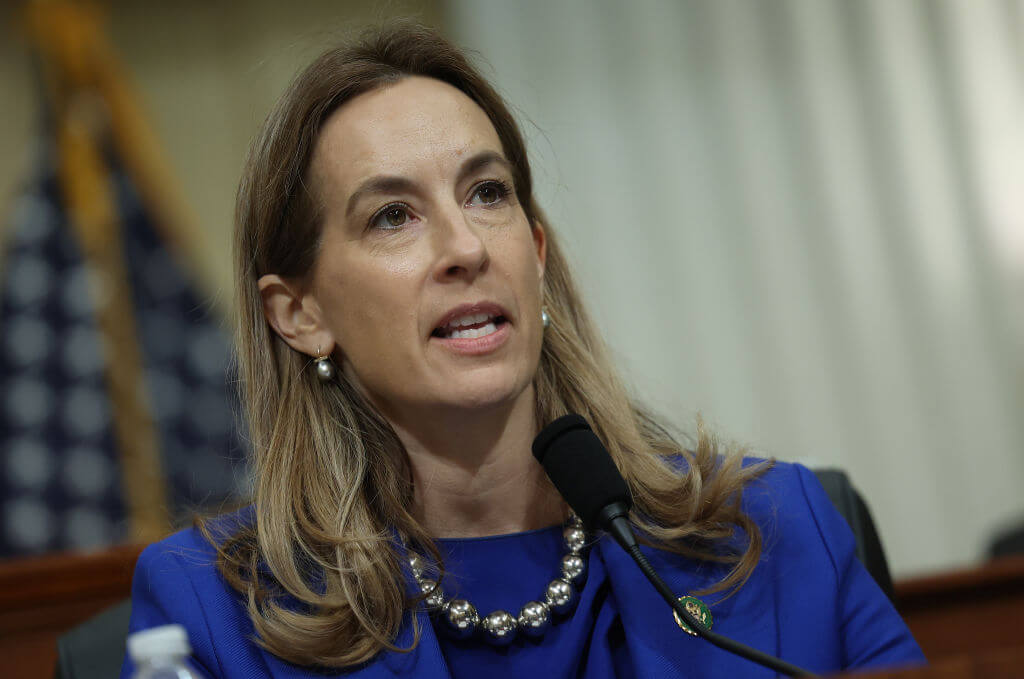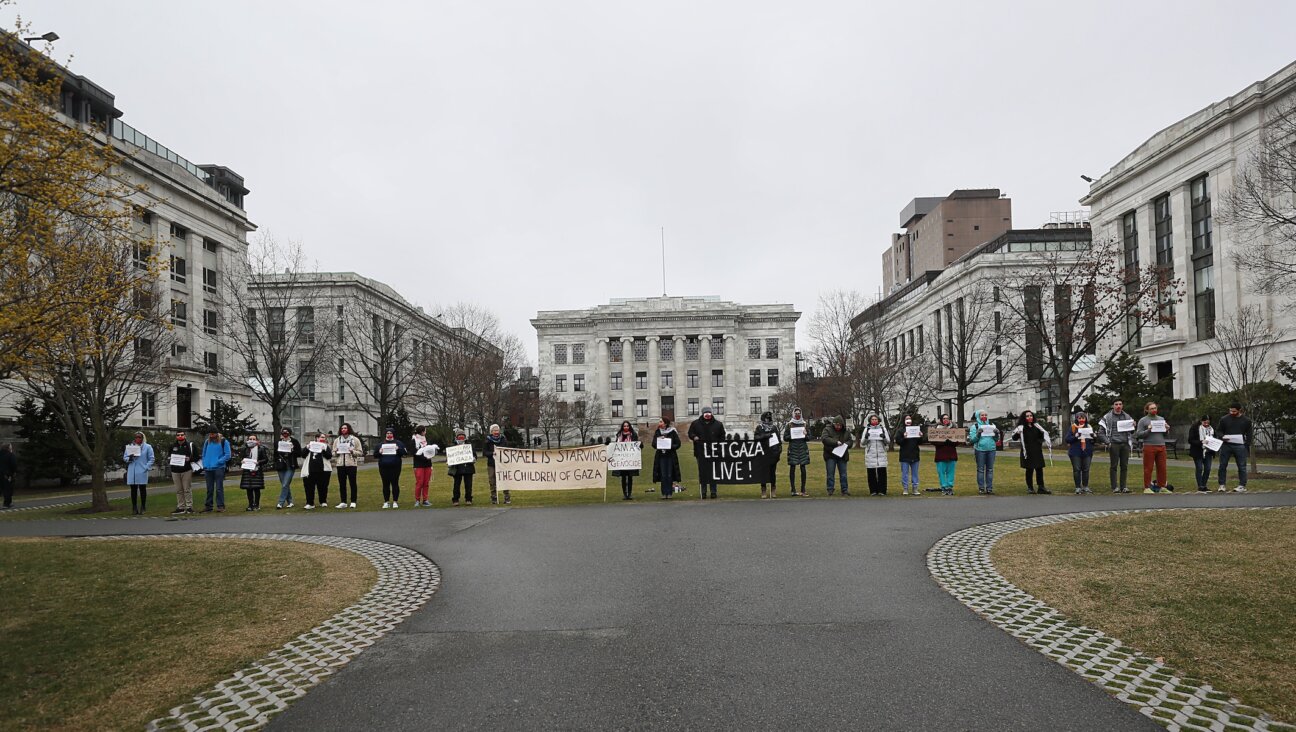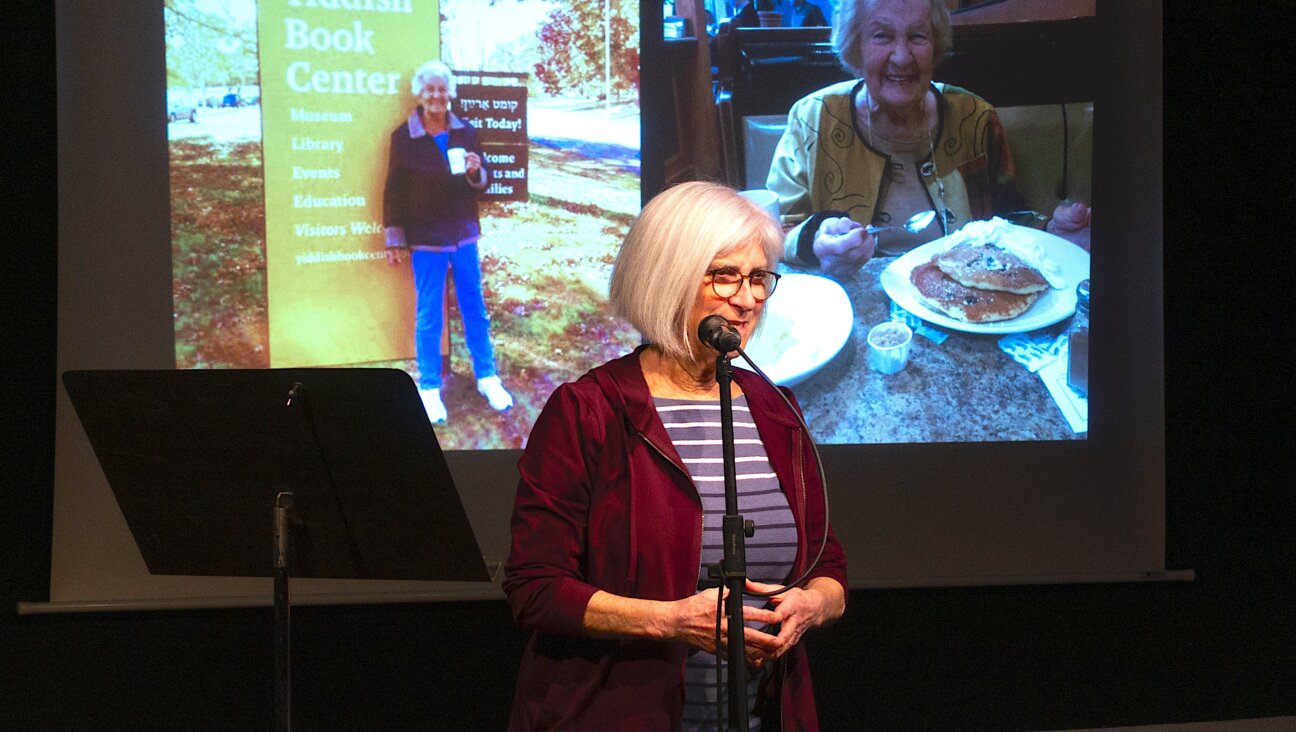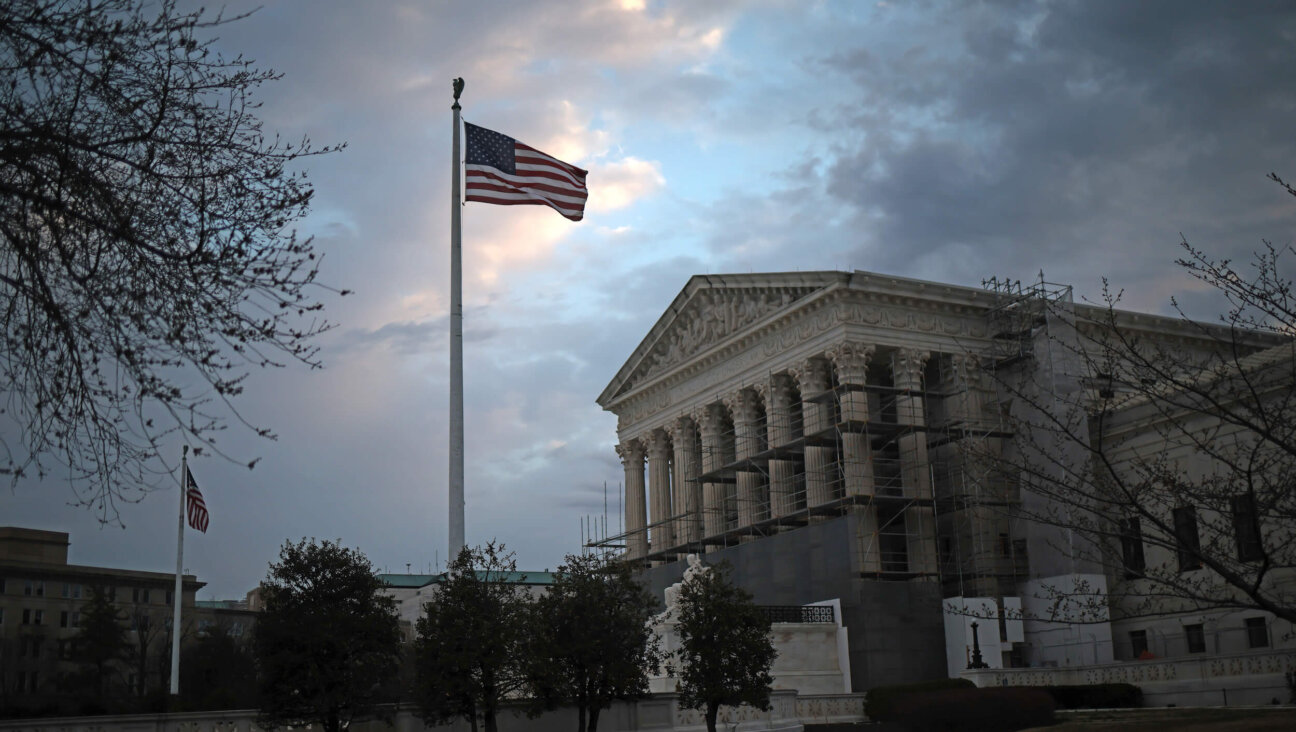This Is What Jewish Democracy Looks Like
If you really want to get a handle on the troubles dogging Israel’s relationship with the Jewish Diaspora, look no further than the World Zionist Congress, which opened with great fanfare in Jerusalem on June 15 and limped to a whimpering close two days later. You talk about two Jews and three opinions? This brawl involved 550 Jews with 1,100 sharp elbows and 2,000 years’ worth of grudges.
An explosion was waiting to happen, and it happened on the final morning, when the delegates voted 3-to-1 to endorse an Israeli-Palestinian two-state peace deal and praise Prime Minister Benjamin Netanyahu’s settlement freeze. After the vote was tallied, a group of Orthodox and Likud-allied delegates rushed the stage, began singing “Hatikvah” at the top of their lungs and refused to budge. As tensions mounted, the voting session was cut short and the remaining business kicked over to an executive committee. First-time Diaspora delegates called it a disillusioning and frightening experience in Israeli incivility. Seasoned congress hands called it business as usual.
The Zionist congress meets every four years, bringing together representatives from across the spectrum of Jewish political and religious movements in Israel and around the world. Its main business is choosing officers and setting policy for the much-larger Jewish Agency. This was the 36th congress since Theodor Herzl gaveled the first one to order in Switzerland in 1897, launching the march to Jewish statehood. The congress and the body it governs, the World Zionist Organization, used to be dominated by Labor, Likud and Orthodox Zionism and served as a vehicle for mobilizing the Diaspora. Recent decades have seen the American-based Reform and Conservative movements gain mounting influence. They see it as their toehold in Israeli politics.
This year, two new delegations showed up, representing growing trends in their respective communities. From America came the dovish, left-leaning J Street. From Israel came the Sephardic-Haredi Shas party. There’s your Israel-Diaspora crisis in a nutshell: We’re heading in opposite directions.
Shas joined the World Zionist Organization as a constituent organization last winter, receiving a share of the Israeli seats in the congress and governing council equal to its share of the Knesset. Joining the WZO was a dramatic, almost heretical break with other Haredi movements. Ashkenazic rebbes warned Shas’s Sephardic leadership that it was legitimizing the Reform and Conservative movements by sitting alongside them. Shas insists it is countering the liberals’ influence and boosting its brand of Orthodoxy in the Diaspora. Its first major initiative was an unsuccessful bid to amend the WZO platform by removing a reference to pluralism.
J Street’s debut was less formal and a lot more dramatic. It didn’t join the WZO, but sent several leaders to the congress as Meretz USA delegates. (The 145-member American delegation is supposed to be chosen in nationwide mail-in balloting, with each affiliated movement fielding a Knesset-style “party list.” This year’s election was canceled for lack of money and interest. The 2005 election results were used instead.)
J Street ended up playing a pivotal role in the anti-settlements vote, mostly by accident. A J Street vice-president, Hadar Susskind, was named vice-chair of the settlement committee. The chairman, from Avigdor Lieberman’s Yisrael Beiteinu party, stalked out to protest the left’s proposed resolutions, leaving Susskind in charge. He easily steered the proposals through the committee and sent them to the congress floor, where all hell broke loose.
The resolution would have passed no matter how it reached the floor. As the lopsided vote showed — along with a string of earlier votes on religious pluralism — this congress was in a cantankerous mood. Traditionally, the Zionist congress is expected to rubber-stamp the views of Israel’s governing coalition. This year, the Diaspora delegates voted no.
In fact, this wasn’t the first Zionist congress to push back. The 1982 congress actually voted to end the WZO’s role in building settlements in the territories, but the WZO’s then-chairman, Likudnik Arye Dulzin, declared the session out of order and adjourned. A revote was held the next morning, after Hadassah had been pressured into switching sides to oppose the resolution, thus sinking it.
Even more dramatic was the 1987 congress. Massive voter turnout by American Reform Jews led to a Labor-Reform coalition dominating the parley, even though the Likud ruled Israel. A Laborite was elected WZO-Jewish Agency chairman, the first time the Israeli opposition won the critical post. (The WZO and agency chairmanships were separated in 2010.) Reform Judaism got real budgets and senior jobs in the Israeli hierarchy for the first time. The congress passed a series of resolutions endorsing religious pluralism, and very nearly voted against settlements. That vote was cut short when right-wing delegates seized the microphone and fisticuffs broke out.
Still, this year was different. For one thing, an anti-settlement resolution actually made it through the congress for the first time without being derailed by the leadership. Given that the WZO settlement department plays a lead role in settlement construction, this could be an omen. For another thing, the vote was overwhelming. With the Israeli left reduced to a rump, the numbers must mean that most of the Diaspora delegates were voting against most of the Israelis. Who says Peter Beinart was wrong?
Finally, there’s this: The WZO is slowly being dismantled. It is the only world-wide Jewish body that maintains even a semblance of democracy, the only institution where Jewish factions come together to debate the issues and vote on them. And it’s slowly being dismantled. Its budgets have been decimated. Its most important jobs, Diaspora education and youth work, have been largely appropriated by the Jewish Agency, its erstwhile operating arm. The Jewish Agency, in turn, has effectively been taken over by its biggest donors, who abhor political debate, consider themselves the owners of the Jewish institutional world and don’t understand why they have to share power with a penniless debating club. The WZO is being dismantled, and nobody seems to care.
Contact J.J. Goldberg at [email protected] and follow his blog at www.forward.com
The Forward is free to read, but it isn’t free to produce

I hope you appreciated this article. Before you go, I’d like to ask you to please support the Forward.
At a time when other newsrooms are closing or cutting back, the Forward has removed its paywall and invested additional resources to report on the ground from Israel and around the U.S. on the impact of the war, rising antisemitism and polarized discourse.
Readers like you make it all possible. We’ve started our Passover Fundraising Drive, and we need 1,800 readers like you to step up to support the Forward by April 21. Members of the Forward board are even matching the first 1,000 gifts, up to $70,000.
This is a great time to support independent Jewish journalism, because every dollar goes twice as far.
— Rachel Fishman Feddersen, Publisher and CEO
2X match on all Passover gifts!
Most Popular
- 1

Film & TV What Gal Gadot has said about the Israeli-Palestinian conflict
- 2

News A Jewish Republican and Muslim Democrat are suddenly in a tight race for a special seat in Congress
- 3

Fast Forward The NCAA men’s Final Four has 3 Jewish coaches
- 4

Culture How two Jewish names — Kohen and Mira — are dividing red and blue states
In Case You Missed It
-

Fast Forward Secretive GOP firm distorts Democratic candidate’s views on Israel in NJ governor race
-

Fast Forward Trump administration to review nearly $9 billion in Harvard funding over campus antisemitism
-

Yiddish World Yiddish fans in Berlin launch a Yiddish open mic series
-

Fast Forward Cornell pro-Palestinian student leader opts to leave US, as Columbia ‘self-deportee’ makes her case to return
-
Shop the Forward Store
100% of profits support our journalism
Republish This Story
Please read before republishing
We’re happy to make this story available to republish for free, unless it originated with JTA, Haaretz or another publication (as indicated on the article) and as long as you follow our guidelines.
You must comply with the following:
- Credit the Forward
- Retain our pixel
- Preserve our canonical link in Google search
- Add a noindex tag in Google search
See our full guidelines for more information, and this guide for detail about canonical URLs.
To republish, copy the HTML by clicking on the yellow button to the right; it includes our tracking pixel, all paragraph styles and hyperlinks, the author byline and credit to the Forward. It does not include images; to avoid copyright violations, you must add them manually, following our guidelines. Please email us at [email protected], subject line “republish,” with any questions or to let us know what stories you’re picking up.
















